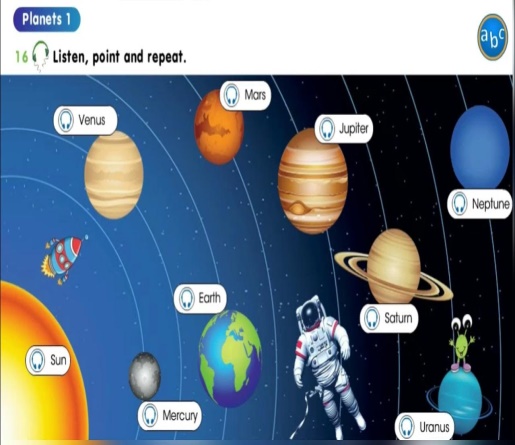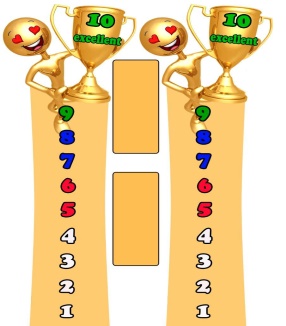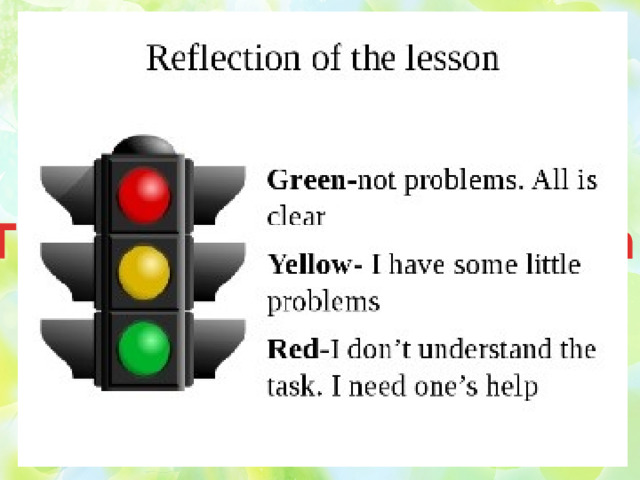|
Beginning of the
lesson
Warming-up
3
min.
Pre-learning
«Brainstorming»
method
7 min.
|
Organization moment
:
1.Greeting.
Ask about the
weather.
The teacher sets the lesson
objectives, letting students know what to anticipate from the
lesson.
Warming
up
Where are you
from?
How old are
you?
What color is
it?
How many students
are there in class?
What day of the week
today?
Lead –
In:
-What do you see in the
picture?
-How many planets are there in
the space?
|
The aim:
To develop pupils speaking skills and create
friendly atmosphere
Efficiency:
By wishing each other they feel better and feel
the support of others
Learners remember previous
lesson vocabulary
•Learners answer the
questions
|
The teacher to assess learners for
their ability.
“Good job!
Well done!”
Formative
Assessment

Good job!
Assessment
criteria
make basic statements
related to personal information, people and
objects
Descriptor:
- answer the question/
Total: 2 point
|
Picture
|
|
Middle of the lesson
Presentation part.
30
min
|
Ex:16 P:106
•
Put the Planets poster up on the board.
Point to the planets, one at a time, and say the corresponding
words. The pupils repeat, chorally and/or individually. Point to
each planet in random order. Ask individual pupils to name
them
Ex:17 P: 106
•
Explain to the pupils that they will do a
quiz about planets. Go through the questions and the prompts and
elicit/explain any unknown vocabulary. Allow the pupils some time
to do the quiz. Check their answers. Ask the pupils to count how
many planets they collected, write the number in their books and
check their results.
Ex: 18 P: 106
Underline the words in bold. The pupils
repeat, chorally and/or individually. Explain the difference
between the present simple (for repeated actions) and the present
continuous (for temporary actions or future plans). Point out the
use of key words (always, usually, today, every day, etc) to
determine which tense is to be used. Revise/Elicit the
interrogative, negative and the short answers. Ask the pupils to
make sentences about what they usually do and what they are doing
today
Conclusion during the lesson some tasks
differentiated by outcomes of the students and by their
abilities.
|
• Learners listen, point and
repeat
ANSWERS
Student’s own answer.
•
Learners do the quiz and collect planets.
Check your answers with your teacher or online.
ANSWERS
1
a
2
b
3b
4a
5a
6a
•
Learners read and
complete
ANSWERS
1
called
2
are coming
3
are exploring
4
discovered
5
are leaving
6
travels
7
walked
8
used
|
Descriptor:
- point to each planet
- listen and
repeat
Total: 2 point

Self
assessment
Descriptor:
- do the quiz
- collect planets
Total: 2 point
Descriptor:
-
read and
complete
- make
sentences
Total: 2 point
|
Students book
|









